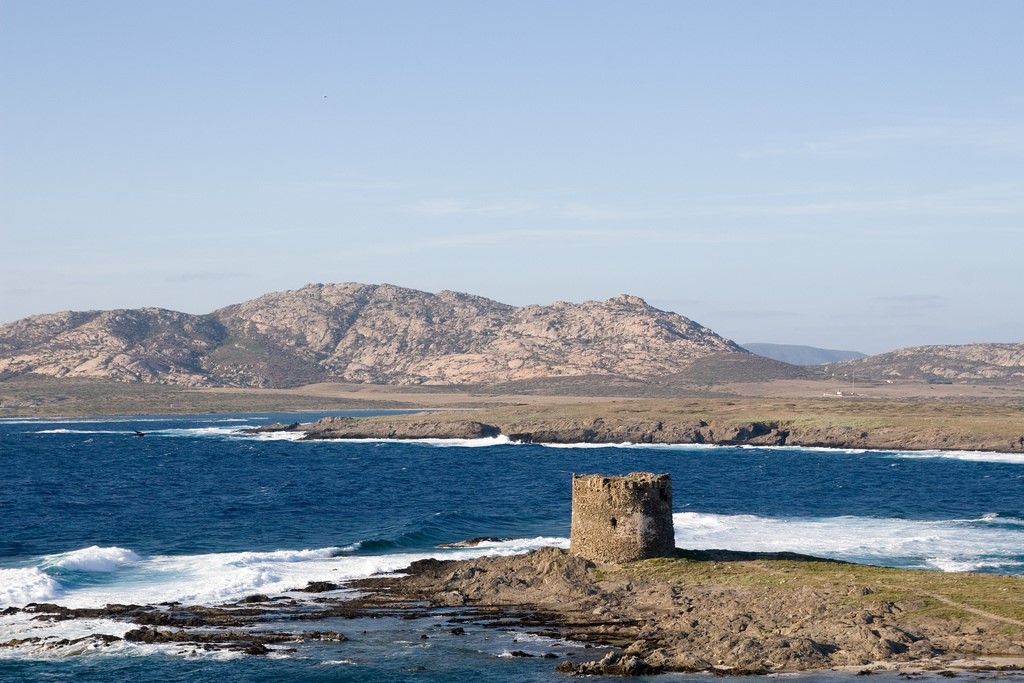Power, society, and (dis)connectivity in medieval Sardinia
An exciting £1million project led by Lancaster University will set out to recover the ‘lost’ history of Sardinia from 1,000 years ago.

The project will analyse evidence for the history and archaeology of the island as well as its surrounding regions to work out why this resource-rich island was separated from the thriving trade and diplomatic networks that crossed the Mediterranean, and how its unique political and social networks developed.
The four-year project on ‘Power, society, and (dis)connectivity in medieval Sardinia’ is funded by The Arts and Humanities Research Council. It will be led by Dr Alex Metcalfe from Lancaster University’s History Department in collaboration with ten institutional partners, including ISEM-CNR (The Institute of European Mediterranean History of the National Research Council of Italy), UrbNet at Aarhus University in Denmark, and the Museo Nazionale in Cagliari.
The team will research Sardinia’s earliest documents, which were the first in Europe to be written in a local language, as well as the island’s coins, seals and ceramics, which have traceable ‘signatures’ that can be plotted for the first time.
Dr Metcalfe said, “This project will not only put Sardinia on the map – it will redefine the island’s history and that of the surrounding Mediterranean too in a key period of frontier formation that was dividing the Muslim Mediterranean from the zone we now think of as ‘Europe’.”
Besides applying new scientific methods, the project will share its findings with a large and diverse audience by setting up a major new exhibition on Sardinia and its Mediterranean contexts at the National Museum in Cagliari. The exhibition will tour the island and then become permanently established at the end of the project.
